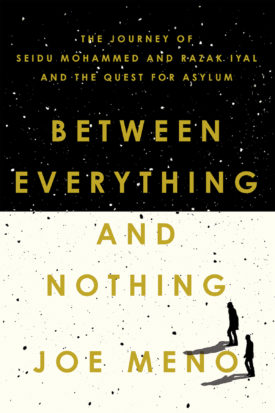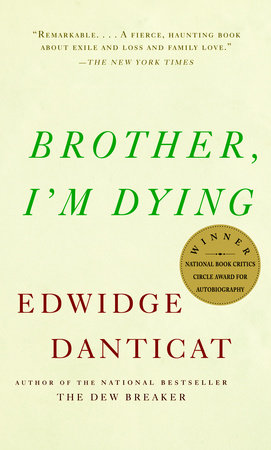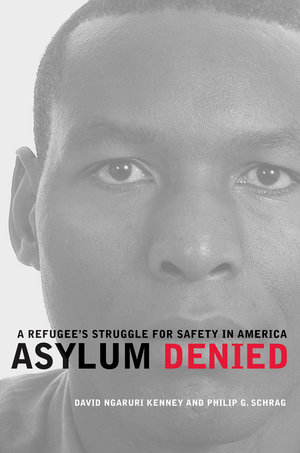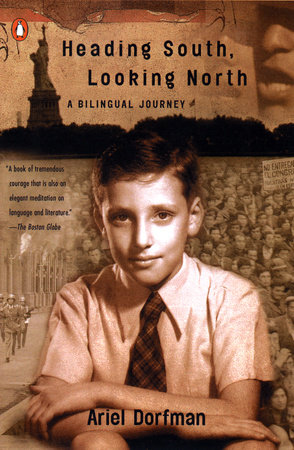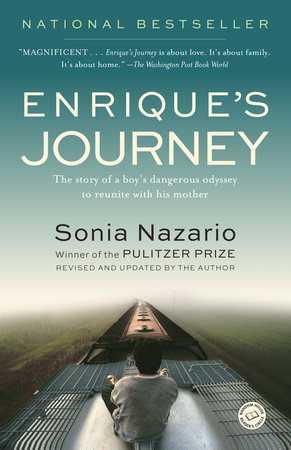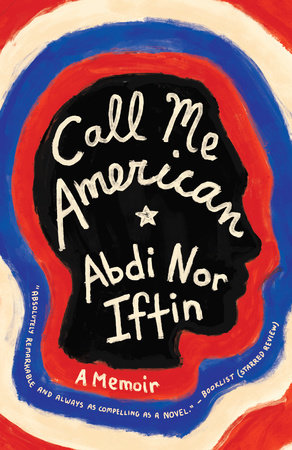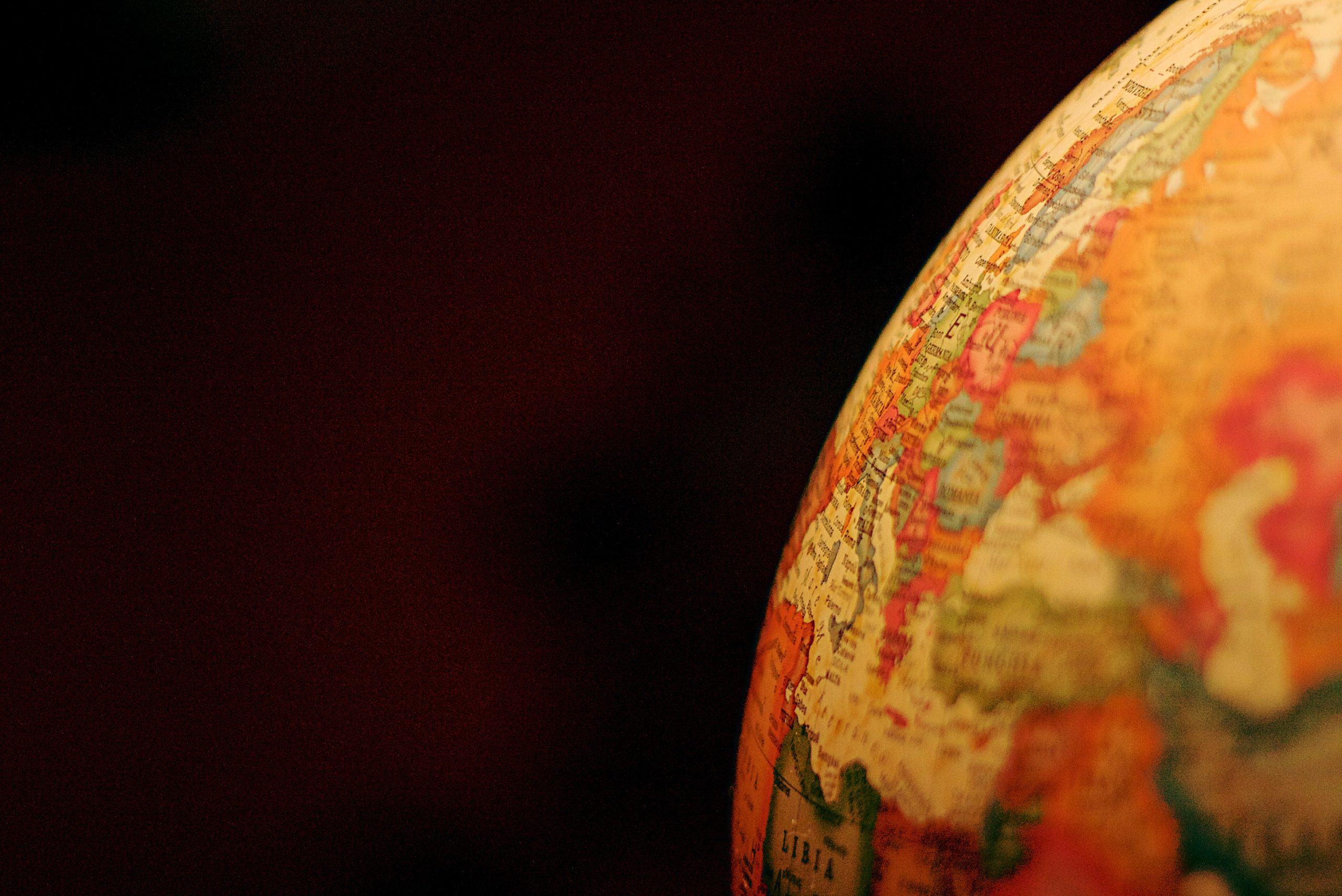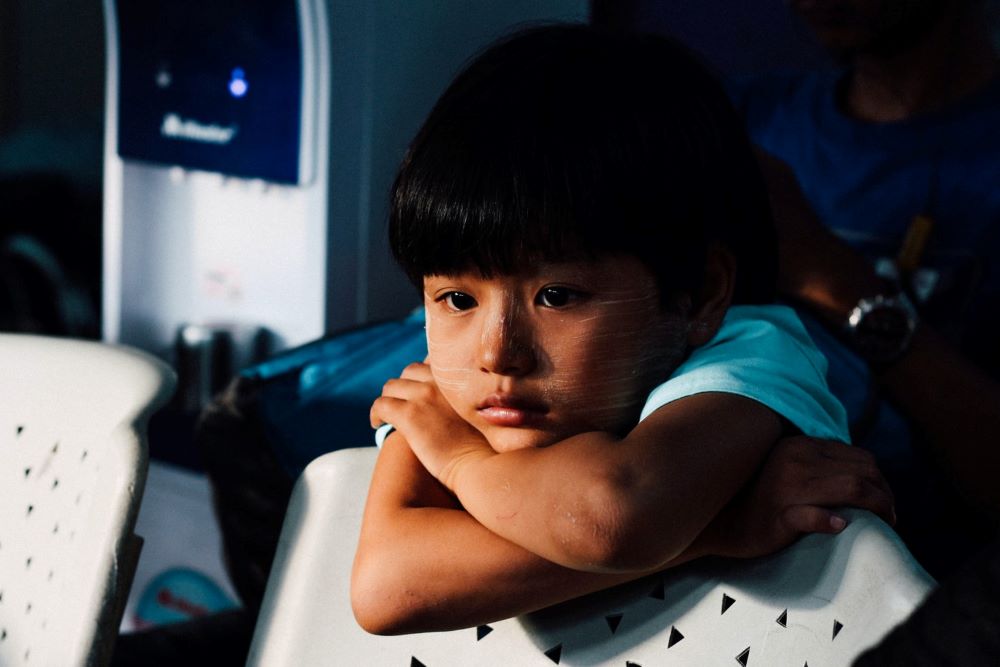Reading Lists
7 True Stories About the Journey to Seek Asylum in the U.S.
These books show the hardships faced by the refugees we're now turning away

On December 23rd 2016, Seidu Mohammed, a 24-year-old man traveled from Youngstown, Ohio to a bus station in Minneapolis. He was looking for a way out, a way forward. Seidu, who identified as bisexual, had left Ghana, where any form of homosexuality is punishable by at least three years in prison, and spent nearly a year traveling through South and Central America in order to apply for asylum in the U.S. After nine months in a detention facility, his plea was denied. He was released on bond while the government prepared to deport him.
After the election of Donald Trump, Seidu received word of his imminent deportation and decided to flee to Canada, stopping in Minneapolis. By fate or circumstance, he met Razak Iyal, another asylum seeker from the same neighborhood in Ghana, who had ran afoul of a local politician, and who had also fled, fearing for his life. Together the two men decided to cross into Canada, having no idea about the harsh conditions and tragic consequences that lay ahead.
Seeking asylum in the United States often involves passing from one world of uncertainty into another. Seeking asylum in the United States often involves passing from one world of uncertainty into another, from facing the physical dangers of human smugglers, thieves, and treacherous jungle landscapes to enduring an interminable legal process and detention at for-profit facilities.
My book Between Everything and Nothing is a nonfiction account of Seidu and Razak’s experiences based on extensive in-person interviews with both men. It attempts to document some of the challenges and choices each man faced in leaving their homeland, traveling through South and Central America on foot and by bus, losing their asylum pleas, and deciding to cross into Canada only days after the election of Donald Trump. It is meant to serve as a testament to their determination, bravery, and commitment to political and social equality, often in the face of unendurable odds.
Brother, I’m Dying by Edwidge Danticat
Separated from her parents as a child, Danticat was raised by her uncle Joseph Dantica and his wife in Haiti. In 2004, her 81-year-old uncle fled the armed conflict between U.S. peacekeepers and Haitian gangs, and landed in Miami, where he was immediately placed in manacles. Two days later he was dead. Danticat’s blistering autobiography and memoir of her uncle captures the emotional cost many families suffer at the hands of the U.S.’s stultifying immigration policies.
Asylum Denied by David Ngaruri Kenney and Philip G. Schrag
This extremely engaging first-person account depicts Ngaruri’s harrowing experience as a local tea farmer in Kenya who criticizes the government and soon finds himself tortured and his life in danger. But it is Ngaruri’s harrowing travails in the wasteland of the U.S. asylum system and how he faces the government’s efforts to return him to Kenya that sheds a powerful light on bureaucratic injustices.
The Devil’s Highway by Luis Alberto Urrea
The fate of 26 men who attempt to cross the Mexican border into the southern Arizona desert is described in blistering, poetic detail. Facing Mexican federales, the U.S. Border Patrol, armed vigilantes, and the inhospitable, physical landscape, the men confront dangers both physical and deeply political while Urrea details longstanding policy failures on both sides of the border that lead individuals to put their lives into peril in exchange for some sense of the future.
Heading South, Looking North by Ariel Dorfman
Dorfman’s extraordinary account of escaping Pinochet’s 1973 military coup in Chile is told in a formally inventive style, recalling the duality and division migrants often experience during the immigration and asylum process. Through eight sections of his life before 1973 and eight after, Dorfman explores how language informed his identity and his political self and perhaps even led to some degree of personal freedom.
Enrique’s Journey: The True Story of a Boy Determined to Reunite with His Mother by Sonia Nazario
Based on Nazario’s series of Pulitzer-Prize winning series of articles, this novelistic biography captures the broad, physical dangers many asylum seekers undertake not only to attain some degree of safety, but also to be reunited with their loved ones. After being separated from his mother for eleven years, Enrique, a sixteen-year-old boy from Honduras, decides to make the dangerous trip to the U.S to find her, hanging on to the sides and tops of freight trains, facing smugglers, gangs, and corrupt police.
Call Me American by Abdi Nor Iftin
Iftin’s lively and poetic memoir follows his life as a young man in Mogadishu, Somalia, and the cultural and political differences between Somalia and the U.S. Finding his way into a video store, Iftin falls in love with American films and soon learns English, and later is known in his neighborhood as Abdi American. After al-Shabaab rises to power in 2006, Iftin flees to a Kenyan refugee camp and wins a lottery for a U.S. green card but must find a way to America, first living without papers in Nairobi with his brother and then with the help of several journalists. Optimistic and incandescent, Iftin’s story reshapes our expectations about how hope, even in the most difficult of circumstances, manages to survive.
Tell Me How It Ends: An Essay in 40 Questions by Valeria Luiselli
Concise, sharp, and overwhelmingly powerful, this essay follows the series of questions that Luiselli was forced to confront while working as a volunteer translator for unaccompanied minors in a federal immigration court in New York. Beginning with “why did you come to the United States?,” the often-illogical, imprecise, and downright xenophobic tendencies of the federal bureaucracies overseeing asylum and immigration are revealed alongside Luiselli’s own experience as a migrant navigating life in the United States only months before the 2016 election.




